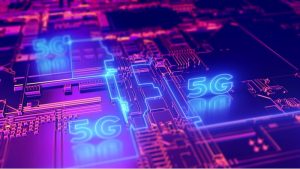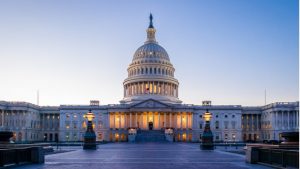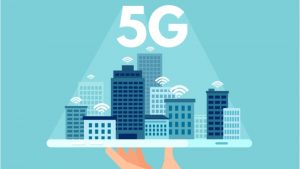The University of South Carolina has partnered with Verizon to launch a new 5G Innovation Experience Hub (IEH) that will bring 5G to students and faculty to work together to expand on the uses of 5G in manufacturing, healthcare, and civil infrastructure as well as other fields. Students and faculty will be allowed to work […]
The City College of New York (CCNY) announced that it is now directly connected to the COSMOS beyond-5G testbed, which is supported by multi-million dollar investment from the National Science Foundation (NSF).
The Senate on Jan. 11 voted to approve the nomination of Alan Davidson as Assistant Secretary of Commerce for Communications and Information, and head of the agency’s National Telecommunications and Information Administration (NTIA).
Federal Communications Commission (FCC) Acting Chairwoman Jessica Rosenworcel outlined the future of 5G technologies today and how 5G will help bridge the digital divide, saying the possibilities of the technology extend “far beyond just the smartphone.”
Municipal modernization efforts, particularly when deploying emerging technologies like 5G and broadband, don’t come without challenges. For the city of San Jose, Calif., it’s about overcoming challenges that ensure the residents are not left behind.
The COVID-19 pandemic caused a radical shift in how Americans worked, learned, and interacted with the government. As a result of those changes, state and local government (SLG) policymakers focused heavily on expanding access to affordable, highspeed broadband services.
The Cybersecurity and Infrastructure Security Agency (CISA) released a new graphic novel on National Superhero Day, but its superhero might not possess your typical superpowers. The fictional story Bug Bytes intends to educate the public on the dangers of dis- and misinformation campaigns, with cybersecurity and journalism skills saving the day.
The Federal Communications Commission (FCC) announced Friday it will re-establish the Communications Security, Reliability, and Interoperability Council (CSRIC), with a focus on “improving 5G network security.”
The demand for reliable and affordable broadband service has skyrocketed in the last year as Americans began relying on the internet for telework, distancing learning, and telehealth during the COVID-19 pandemic. However, many Americans – both urban and rural – have lacked either access or sufficient connection strength during the health crisis.
Fifth-generation (5G) wireless technology can enable new capabilities with increased speeds and device connection, the Government Accountability Office said in a new report, but also presents challenges and policy options to the Federal government.









